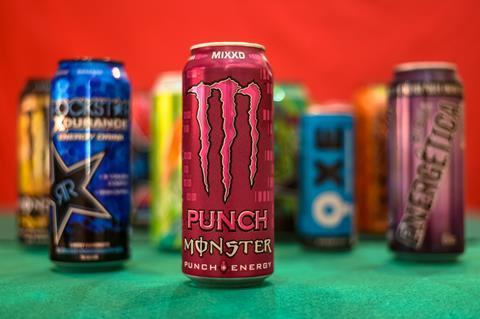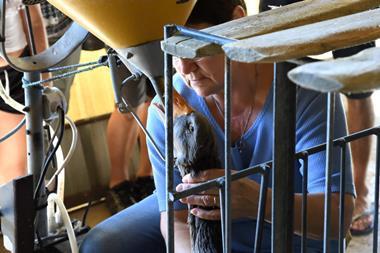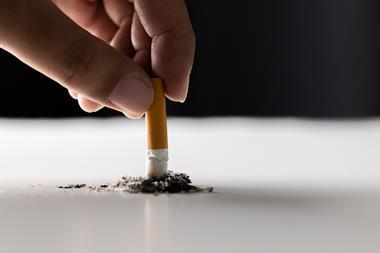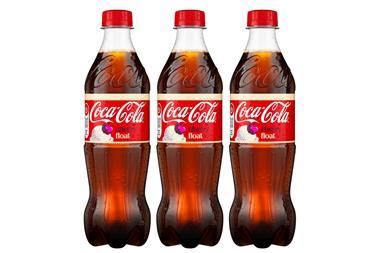
More than 40 health groups have written to the government and Labour shadow ministers demanding the revival of shelved plans to restrict the sale of energy drinks to under-16s, after new research was published about their risks.
A review of data published in the Public Health journal, claims energy drink consumption has links to suicidal thoughts, psychological distress and many other symptoms among children.
Researchers from Fuse, the Centre for Translational Research in Public Health, based at Teesside University and Newcastle University, trawled through data from 57 studies of over 1.2 million children and young people from more than 21 different countries.
The researchers found that energy drink consumption was more common among boys than girls, and was also associated with increased risky behaviours such as substance use, violence and unsafe sex.
The research also links consumption of the drinks with an increased risk of poor academic performance, sleep problems, and unhealthy dietary habits.
The latest review comes with the government having failed to act on a consultation that in 2018 found more 90% of respondents agreed businesses should be prohibited from selling energy drinks to children.
Supermarkets welcomed the proposals, which would have brought legislation into voluntary bans brought in by all the major retailers, after Asda became the first of the big supermarkets to ban the sales in January 2018.
However, the ban was branded as “draconian” and ill-thought out, with Conservative hardliners saying it was an example of ‘nanny state’ politics.
In March this year, the Scottish government revealed it was ditching proposals to ban the sale of energy drinks to under-16s in favour of a further consultation.
However, today’s research review comes with The Grocer revealing last month that the sports & energy drinks market is undergoing massive growth, with the category now worth an extra £390.2m compared with a year ago.
Brands Red Bull, Monster and Lucozade added a combined £244.3m on the back of growing volumes.
“Energy drinks are marketed to children and young people as a way to improve energy and performance, but our findings suggest that they are actually doing more harm than good,” said Amelia Lake, professor of Public Health Nutrition at Teesside University, and the lead author of the new study.
“We have raised concerns about the health impacts of these drinks for the best part of a decade after finding that they were being sold to children as young as 10 years old for as little as 25p. That is cheaper than bottled water.
“The evidence is clear that energy drinks are harmful to the mental and physical health of children and young people, as well as their behaviour and education. We need to take action now to protect them from these risks.”
Barbara Crowther, children’s food campaign manager at the alliance for better food and farming, said: “It’s not right that companies are profiting from energy drinks when evidence shows they’re harming children and young people’s health.
“These concerning findings should prompt our government to act. But they’ve been disappointingly silent on the issue for the past five years.
“Over that time, energy drinks companies have increasingly targeted young people with even higher caffeine content drinks, putting more of them at risk.
“We need our government to step up and follow through with their planned restriction of sales of these drinks to under-16s.”
BSDA director general Gavin Partington said: “The BSDA’s voluntary code of practice on energy drinks, which was introduced by and for BSDA members in 2010, contains a number of stringent points on responsible marketing, meaning BSDA members do not market or promote energy drinks to under-16s, nor do they sample products with this age group.
“In addition, our members’ energy drinks carry an advisory note stating ‘not recommended for children’. BSDA members remain committed to supporting the responsible sale of energy drinks.”



















No comments yet